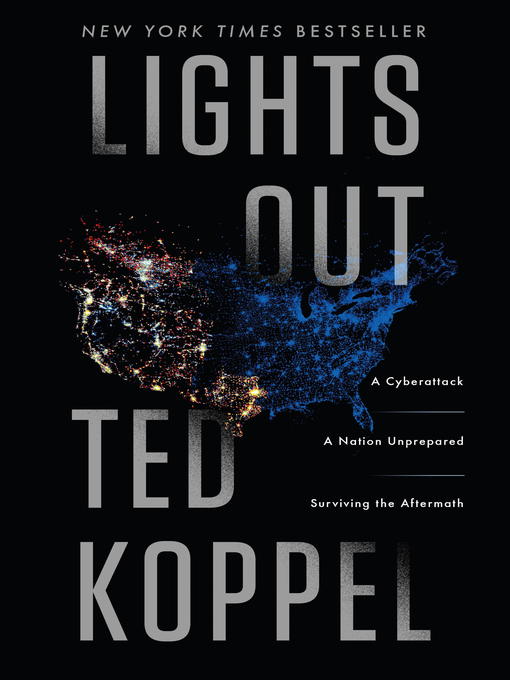- Lucky Day!
- New Fiction Ebooks
- New Nonfiction Ebooks
- Most popular
- Dayson Judaica Collection
- See all ebooks collections
- New Fiction Audiobooks
- New Nonfiction Audiobooks
- Most popular
- Available now
- See all audiobooks collections
- Health & Fitness
- Fashion
- Hobbies & Crafts
- Tech & Gaming
- Cars & Motorcycles
- Family & Parenting
- Sports
- Travel & Outdoors
- Movies, TV, & Music
- Art, Architecture, & Photography
- Boating & Aviation
- Business & Finance
- Hunting & Fishing
- See all magazines collections

